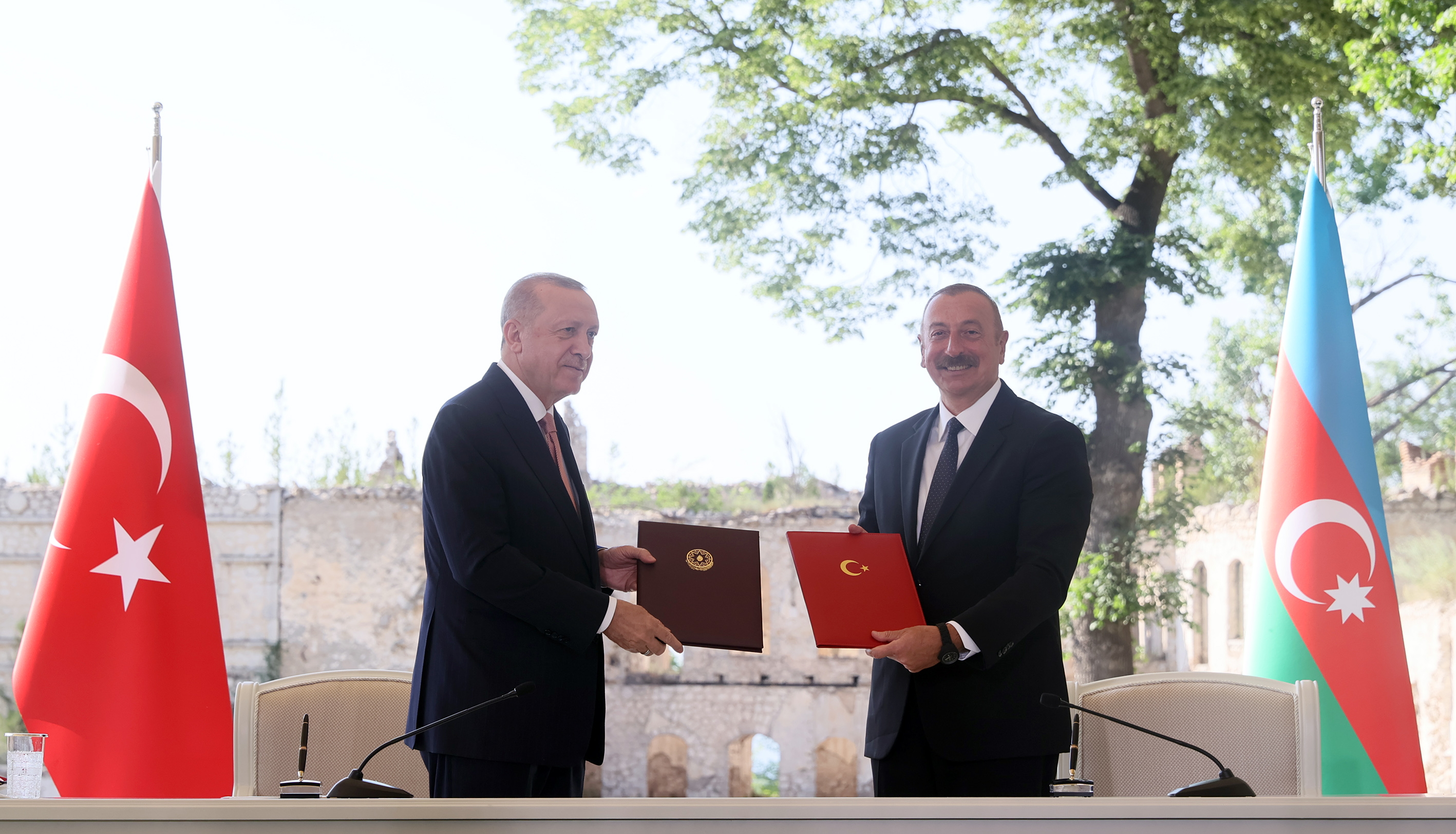
The study delves into the multifaceted roles drones play in surveillance, reconnaissance, and targeted strikes, providing military forces with unprecedented capabilities. Drones have become essential in gathering real-time intelligence, allowing for swift and precise operations that minimize collateral damage. Their usage has evolved from merely supplementing traditional military tools to becoming a critical component of modern warfare.
The increasing reliance on drones has led to significant changes in military tactics. Autonomous drones, equipped with advanced AI and machine learning algorithms, can perform complex tasks without human intervention. This technological advancement has led to more efficient mission planning and execution, significantly reducing the risk to human life.
One of the key findings of the TRENDS study is the impact of drones on asymmetric warfare. Non-state actors and smaller nations are increasingly leveraging drones to level the playing field against larger, more technologically advanced adversaries. This has resulted in a shift in power dynamics, where traditional military superiority can be challenged by innovative drone strategies.
The report also addresses the ethical and legal implications of drone warfare. The ability to conduct remote operations raises questions about accountability and the potential for misuse. The study calls for the establishment of clear international guidelines and regulations to govern the deployment of drones in combat to ensure they are used responsibly and ethically.
TRENDS Research and Advisory’s study further explores the economic aspects of drone proliferation. The drone industry is experiencing rapid growth, driven by both military and commercial demand. This growth is fueling technological innovation and investment, making drones more accessible and affordable for various sectors.
The study underscores the importance of continuous research and development in drone technology to maintain a competitive edge. Nations are investing heavily in developing next-generation drones with enhanced capabilities, such as increased endurance, stealth features, and the ability to operate in diverse environments. These advancements are expected to further integrate drones into the fabric of military operations.
The strategic advantage provided by drones is not limited to offensive capabilities. Drones are also revolutionizing logistics and supply chain management within military operations. Autonomous delivery drones can transport supplies to remote or hostile areas, ensuring that troops have the necessary resources without risking human lives.
Moreover, the TRENDS study highlights the role of drones in humanitarian efforts and disaster response. Drones have been instrumental in search and rescue missions, delivering aid to inaccessible areas, and providing real-time situational awareness during natural disasters. This dual-use capability of drones exemplifies their versatility and underscores the need for balanced regulatory frameworks that encourage beneficial applications while mitigating risks.
The integration of drones into military strategy also poses new challenges. The study points to the growing threat of drone-related cyber-attacks and the need for robust cybersecurity measures to protect against such vulnerabilities. As drones become more interconnected and reliant on digital networks, safeguarding these systems against potential breaches is paramount.
Additionally, the study emphasizes the importance of international collaboration in drone technology development and regulation. Shared knowledge and joint efforts can lead to more effective and ethical use of drones, ensuring that technological advancements benefit all parties involved while minimizing the risk of conflict and misuse.
TRENDS Research and Advisory’s study provides a comprehensive analysis of how drones are transforming modern warfare. The findings underscore the need for ongoing innovation, ethical considerations, and international cooperation to harness the full potential of drones while addressing the challenges they present. As drones continue to evolve, their impact on global military dynamics will undoubtedly grow, shaping the future of warfare and security.
Topics
Live News
